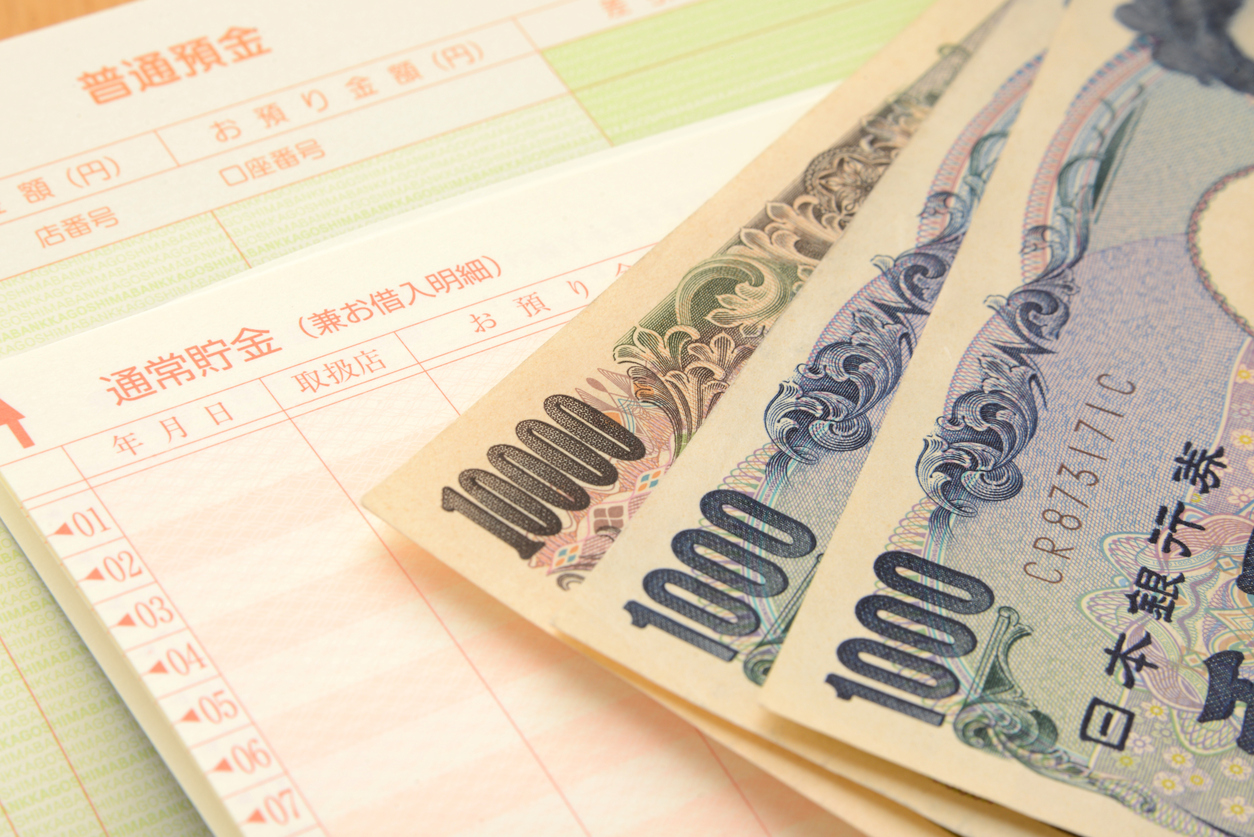2023/12/12
The Japanese Government’s Economic Stimulus Package: Overall Framework Needs Review to Keep a Sharp Focus on Policy Targets

On October 31, the government’s proposed economic stimulus package was finalized. With regard to the “tax cut” issue that has become a top concern for the public, it is designed to provide a flat-rate tax cut of 40,000 yen (30,000 yen for income tax and 10,000 yen for residential tax) per person for income tax-paying households, with a special remark added that it is “one-off tax cuts as a temporary measure” to ease the pain of price hikes. The tax break will start around June next year. Besides, a 70,000-yen cash handout is provided in addition to a 30,000-yen handout previously determined in March 2023 for low-income households who are exempt from paying residential tax. However, some concerned voices about the proposed tax cuts are growing even within the ruling parties, saying that tax cuts and cash benefits “should be extended depending on the price situation” and that “Income limits should be imposed.” In response to those concerns, the Tax Commission of the ruling party will compile a final proposal by the end of this year.
The government adheres to the tax-cut approach taking a definite stance that “Flat-rate cash benefits should be provided only at the time of national crisis,” based on the logic that tax cuts are fundamentally meant to be “a direct return of increased tax revenues.” That is where the discrepancy lies. First of all, note that the new economic stimulus package was primarily intended to support households hit by drastic rising prices. If that is correct, the priority should be placed on urgency, and in terms of effectiveness, consumption tax reduction is the simplest but highly versatile measure to boost consumption. In that sense, the implementation period should last “until wage growth outpaces the price rise.”
In addition to “tax cuts” and benefits that are designed for livelihood support, the new economic stimulus package also includes a wide range of tax breaks for businesses to encourage wage increases, investment in innovation, and enhancement of economic security, and other tax incentives to support small and mid-size businesses and start-up businesses. The intentions and purposes are understandable on an individual policy basis. However, covering diversified issues altogether in one package will create a policy mixture that makes it difficult to identify the initial meaning of the economic measures because the package involves both fundamental structural problems that should be tackled from a long-term perspective and current issues that are explained with an introductory phrase such as “by the impact of Russia’s invasion of Ukraine.” And accordingly, the contents of the measures are forced to be something like “one-size-fits-all to please everyone.” Eventually, the effectiveness of the stimulus package will be weakened.
A new bill to revise the salaries of national public officials in special service positions including the prime minister and cabinet members was submitted in the extraordinary Diet session that started on October 20. I have no objection to raising the salary of regular civil-service workers such as self-defense officials. However, an emotional gap between the administration and the public was perceived through the government’s decision to submit the draft bill to raise the salaries of their own as cabinet members without hesitation or awkwardness ahead of implementing measures to support people’s lives. Meanwhile, the nine major electric power companies, except for the Okinawa Electric Power Company, Inc. recorded the highest recurring profits for the quarter ended September 30. The highest profits were brought about by the “price rise.” In contrast, the government has already decided to extend subsidies for gasoline, electricity, and gas utilities to the next March as measures against rising energy prices. Obviously, the source to finance the subsidies depends on tax revenues. Here again, a kind of hazy feeling is left behind. Hopefully, the government will review the overall framework of economic measures and concentrate on policymaking without discrepancy and overlapping aspects so that we can appreciate effective policies to the full extent.
This Week’s Focus, November 2
Takashi Mizukoshi, the President